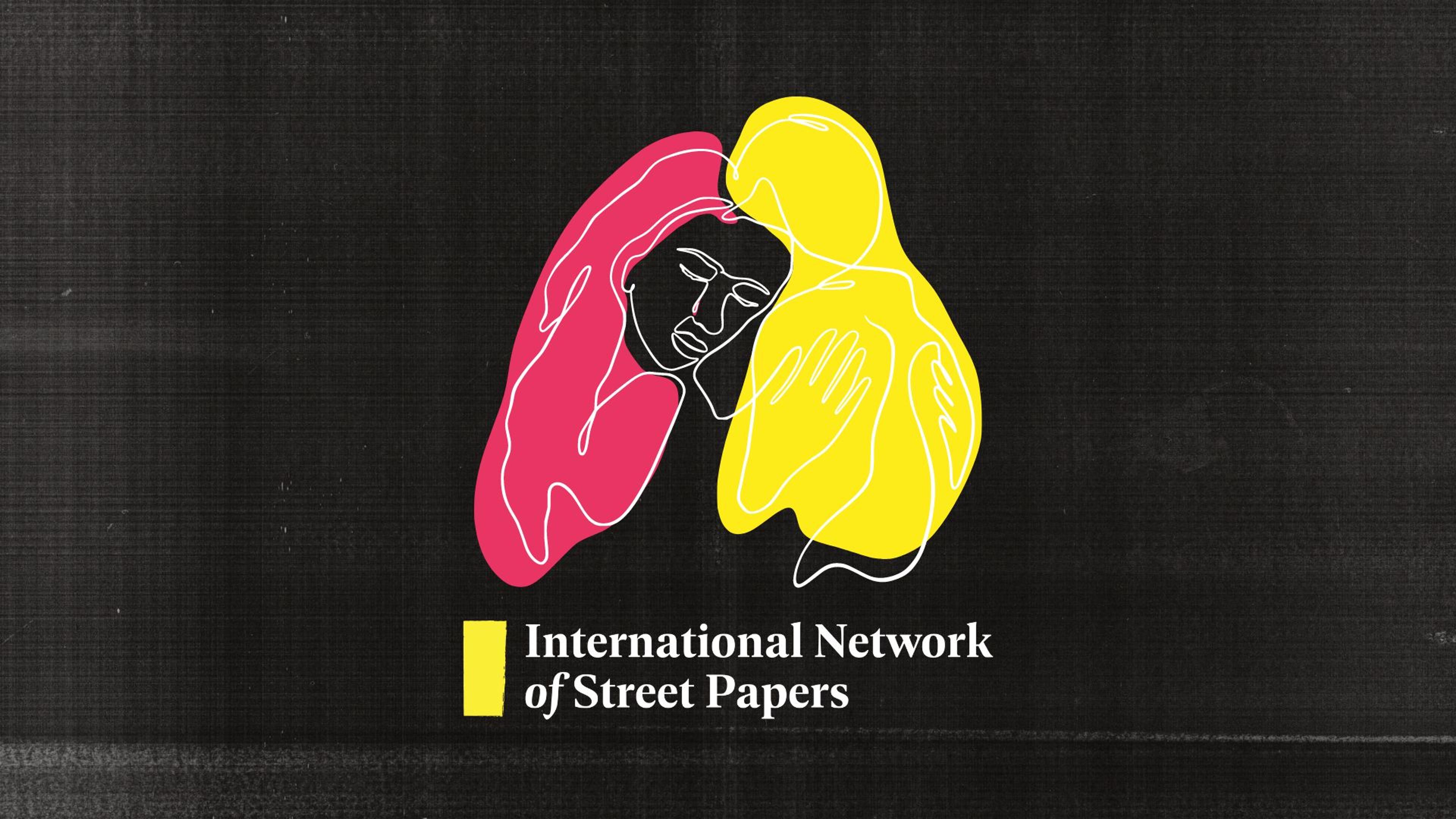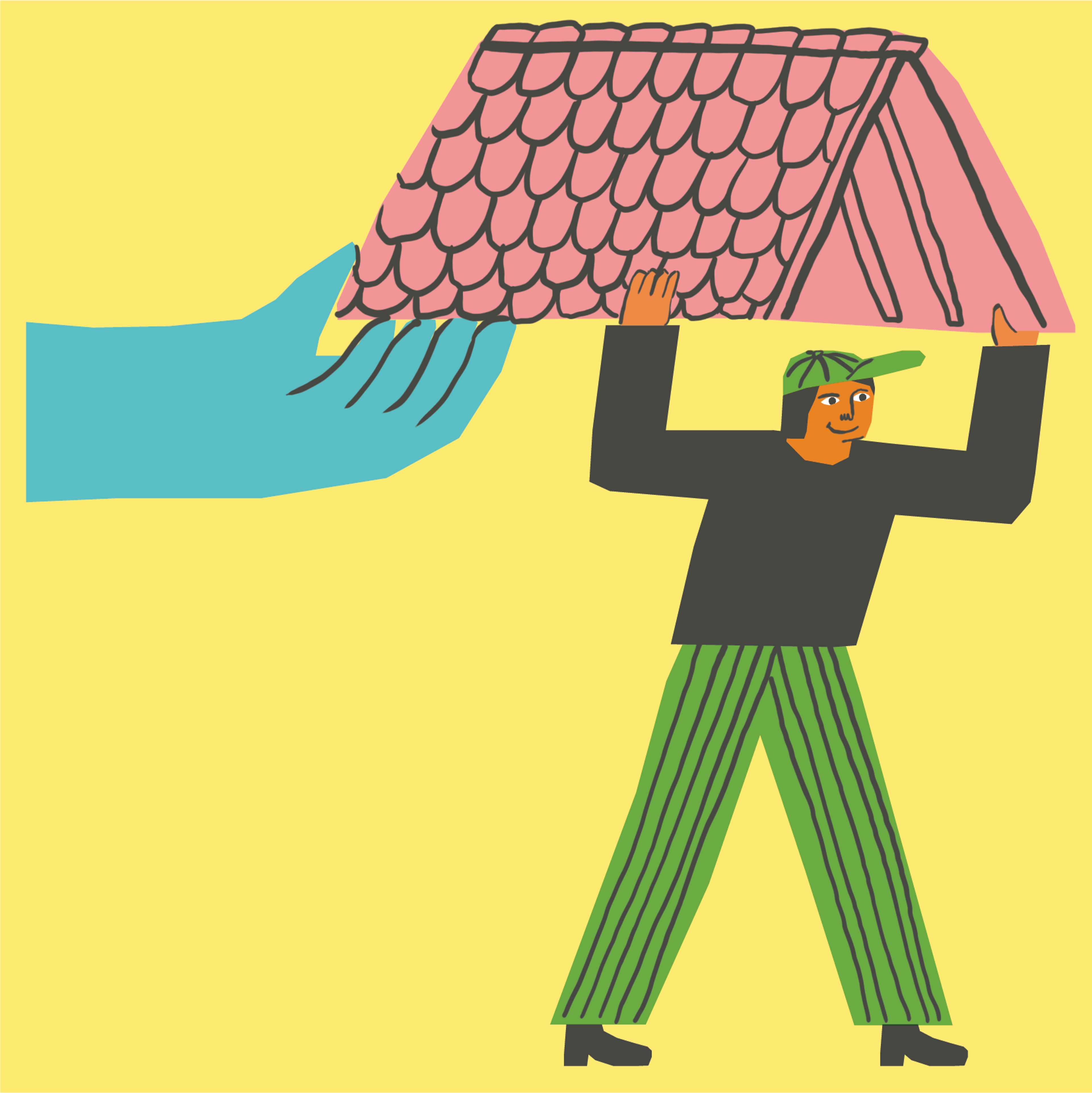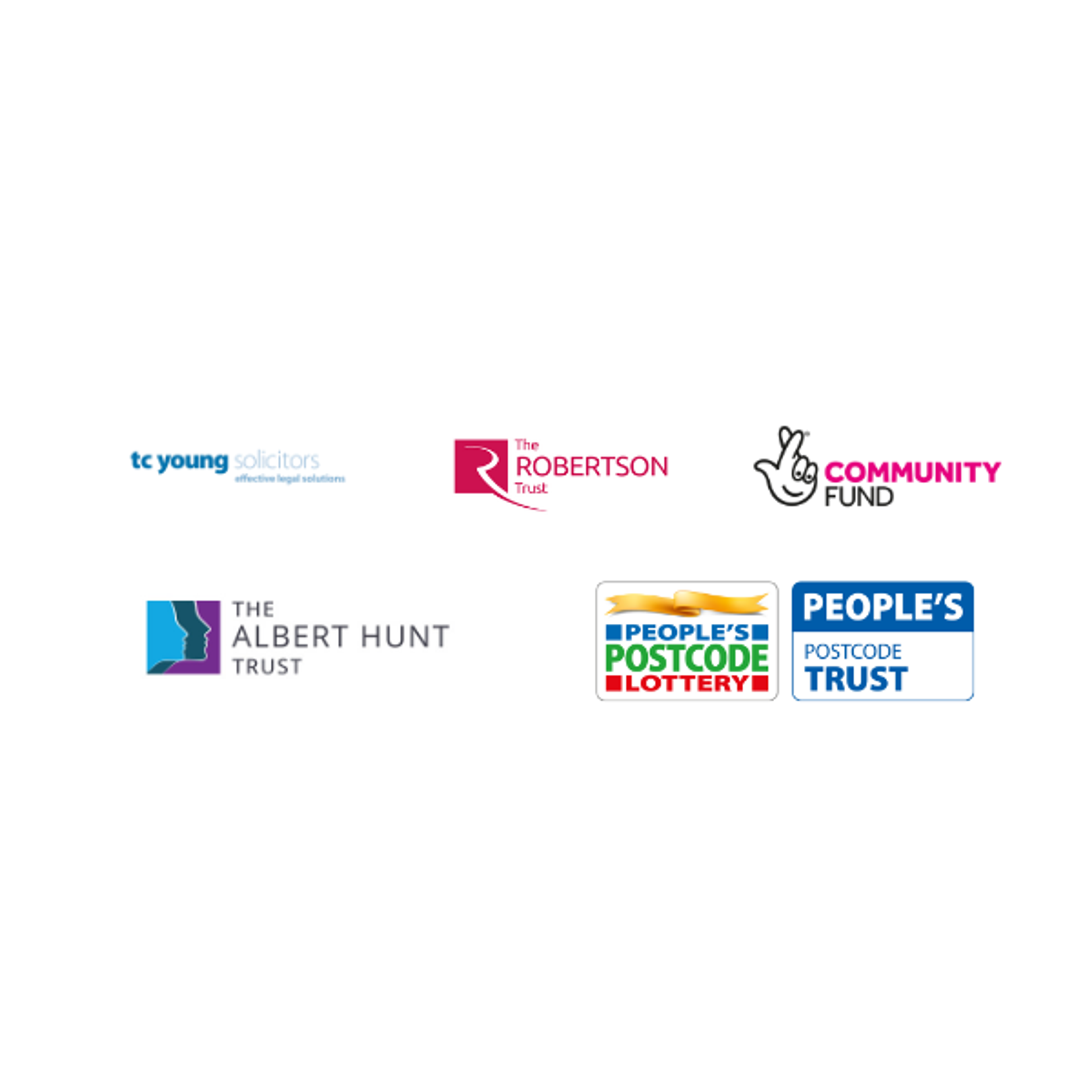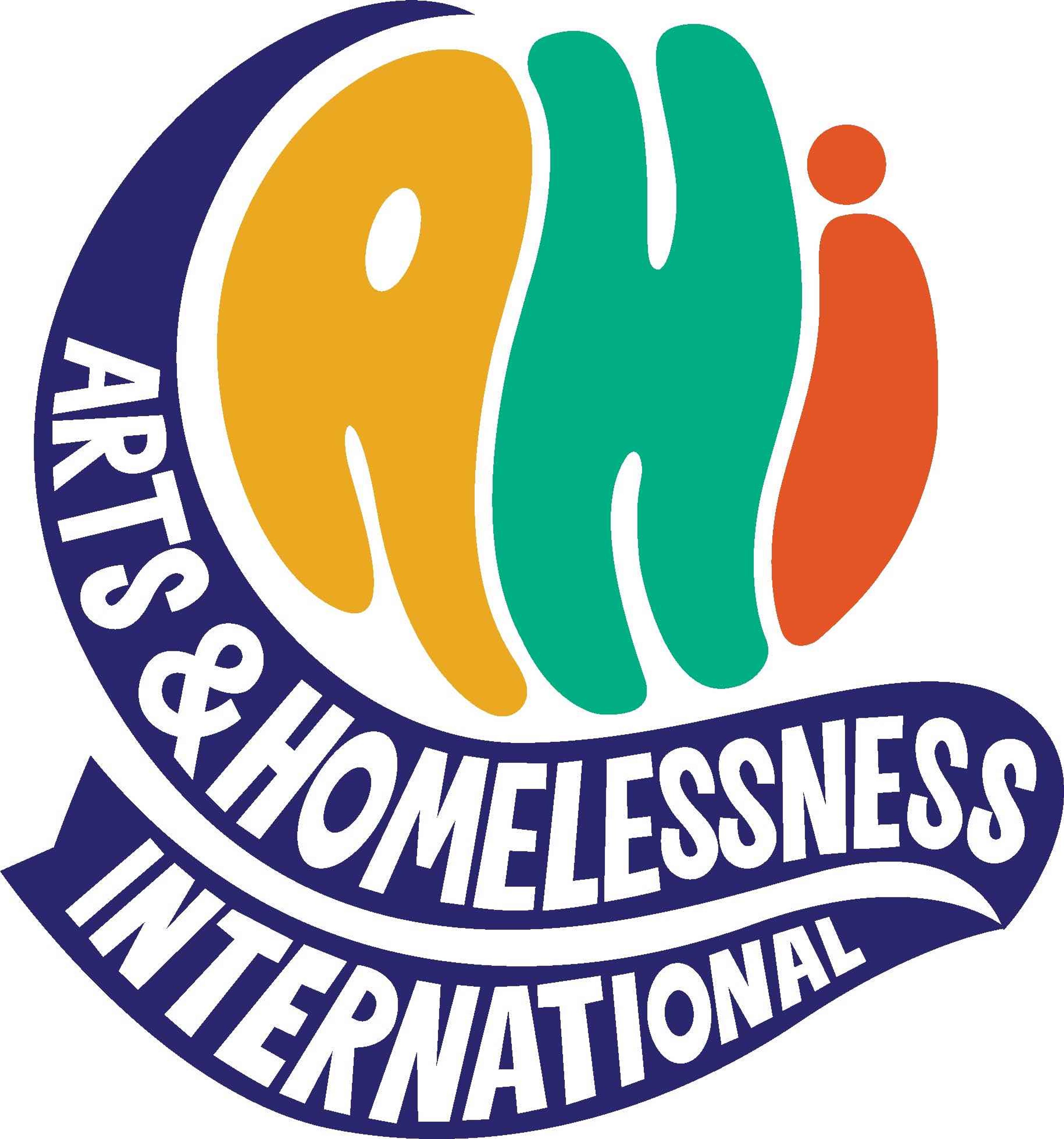Inside plans for Glasgow’s support centre for women experiencing homelessness

By Hannah Chanatry
- News
Scottish homelessness charity the Simon Community announced plans to open a dedicated support centre in Glasgow, the country’s largest city, for women experiencing homelessness. INSP spoke to those involved in bringing the project to fruition about why it is needed and what it will offer.
One of Scotland’s national charities is moving forward with plans to open a dedicated support centre in Glasgow for women experiencing homelessness.
The Simon Community Scotland intends for the space to provide gender-specific resources that can’t be accessed - or are difficult to access - at the charity’s other locations in the city, including its main Access Hub. While the exact design of the centre is still in flux, it’s being developed with extensive input from a group of local women experiencing homelessness.
“There are other women’s spaces in Scotland,” said Claire Longmuir, head of policy and practice for harm reduction at the Simon Community, “but what we feel will make the women’s centre in Glasgow unique is just the fact that women have been involved in it from the very beginning. It’s absolutely driven by what women are telling [us] they need.”
Those needs include more group work and activities, therapeutic support and a more general preference for a women-dominated space. Viki Fox, policy and participation manager at the Cyrenians charity, said the experiences women face navigating homelessness or poverty aren’t always addressed in traditional support services that are trying to fit everyone.
“For women, we see a higher percentage of people that are escaping domestic abuse and domestic violence,” said Fox. “Particularly if you’ve come from a situation where you’ve been in an abusive relationship, you don’t want to go into a predominantly male space…or you’re just not comfortable around men because of your experiences.”
Fox, who herself experienced homelessness on and off for more than a decade, said women are also more likely to be primary caregivers, limiting their ability to pursue work or support that has time constraints, and leaving them more likely to be financially unstable compared to men. She said women are also more prone to being “hidden” from public services, meaning they are more likely to stay with friends, family, and explore all other options before seeking external help.
Claire Longmuir, head of policy and practice for harm reduction, Simon CommunityI think there’s this huge need generally across the board to be more considerate and really deliberately think about the needs of women and design services [for that].
“We’ve come a long way, but I think traditionally it was always seen as the homeless identity was a white male,” she said, noting that the need for more tailored services also extends to people in the LGBTQIA community. “I think there’s still a way to go to shift that, and make sure we’ve got services that meet the needs of everyone.”
Overall, the number of people in Scotland experiencing homelessness is increasing, though it remains lower than its peak in the pandemic. This past year, Glasgow saw homeless households increase to their highest numbers in a decade; the city has the second highest rate of homelessness in Scotland. In this context, the gap in gender specific services appears more acute, as a little less than half of the people who have submitted homelessness applications to the city identify as women; the majority of those women were single with children.
“Even simple things, like not being asked at any point of their care if they might want a female worker over a male worker,” said Longmuir. “I think there’s this huge need generally across the board to be more considerate and really deliberately think about the needs of women and design services [for that].”
Those needs are also not exclusive to Scotland’s cities. According to Fox, women in rural communities also need more support services, but they can be harder to reach because people are spread over a larger geographic area, often with less funding. In cities like Glasgow, the disparity is clearer, within a contained area.
According to Longmuir, the Simon Community women’s centre is a long-held ambition to start filling the gaps in services. She’s particularly excited that the approach to the centre will be holistic, beyond the more concrete outcomes of how many people have found a bed or housing.
“It’s the smile, it’s the kindness, it’s the cup of tea, it’s the ‘make sure you come down here tomorrow, I’ll be looking forward to seeing you tomorrow,” she said. “A community can be formed when you create those kinds of spaces.”
The Simon Community’s Glasgow Women’s Centre is expected to open late summer 2023. Funding is secured for the initial launch; they are currently fundraising for long-term support and expansion.
Support our News Service
We believe journalism can change lives, perceptions, and society - underpinning democracy for a more equitable world. Learn more about the INSP News Service and how to support it here.


